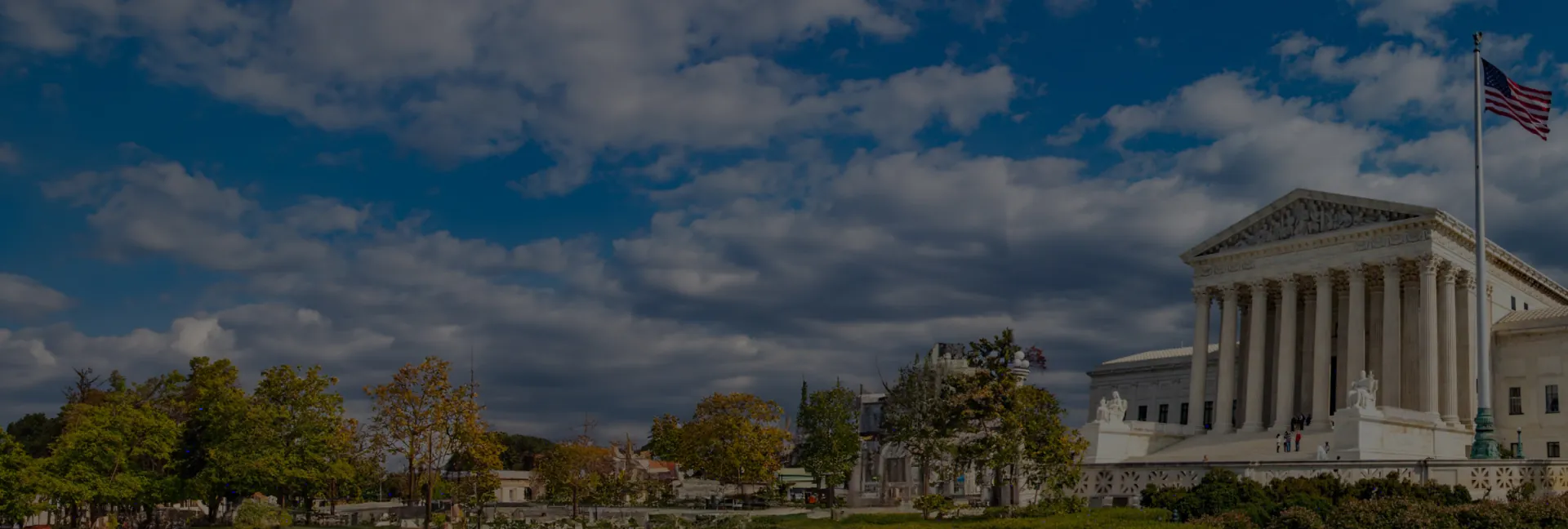
Understanding Obstruction of Justice: An Overview
Obstruction of justice charges, encompassing both resisting an officer with violence and without violence, requires a clear understanding of legal complexities.
 Resisting an Officer with Violence: Willfully and violently resisting, obstructing, or opposing a law enforcement officer in performing their duties. This offense involves physical aggression or force against the officer, leading to enhanced penalties.
Resisting an Officer with Violence: Willfully and violently resisting, obstructing, or opposing a law enforcement officer in performing their duties. This offense involves physical aggression or force against the officer, leading to enhanced penalties.  Resisting an Officer without Violence: Involves non-violent obstruction or interference with a law enforcement officer's lawful duty. It includes refusing to comply with legal orders, providing false identification, or attempting to hinder an arrest without using physical force.
Resisting an Officer without Violence: Involves non-violent obstruction or interference with a law enforcement officer's lawful duty. It includes refusing to comply with legal orders, providing false identification, or attempting to hinder an arrest without using physical force.

Educational Information
Know Your Rights
Facing charges related to resisting an officer necessitates a thorough understanding of your rights to navigate the legal landscape effectively:
Common Defenses:
 Right to Legal Representation: Actively exercise your right to seek legal representation promptly.
Right to Legal Representation: Actively exercise your right to seek legal representation promptly.  Right to Remain Silent: Exercise your right to remain silent until you have consulted with your attorney. Anything you say can be used against you in court, and your attorney can guide you on the best way to handle police questioning.
Right to Remain Silent: Exercise your right to remain silent until you have consulted with your attorney. Anything you say can be used against you in court, and your attorney can guide you on the best way to handle police questioning.  Presumption of Innocence: You are presumed innocent until proven guilty. The burden of proof lies with the prosecution, and they must demonstrate your guilt beyond a reasonable doubt.
Presumption of Innocence: You are presumed innocent until proven guilty. The burden of proof lies with the prosecution, and they must demonstrate your guilt beyond a reasonable doubt.

Our Obstruction of Justice Defense Services

Thorough Case Analysis
Meticulously examine your case's circumstances to build a robust defense strategy.

Expertise in Police Procedures
Understand law enforcement protocols to challenge charges of resisting an officer.

Negotiation and Litigation
Whether negotiating for reduced charges or litigating in court, our goal is to secure the best possible outcome for your case.


